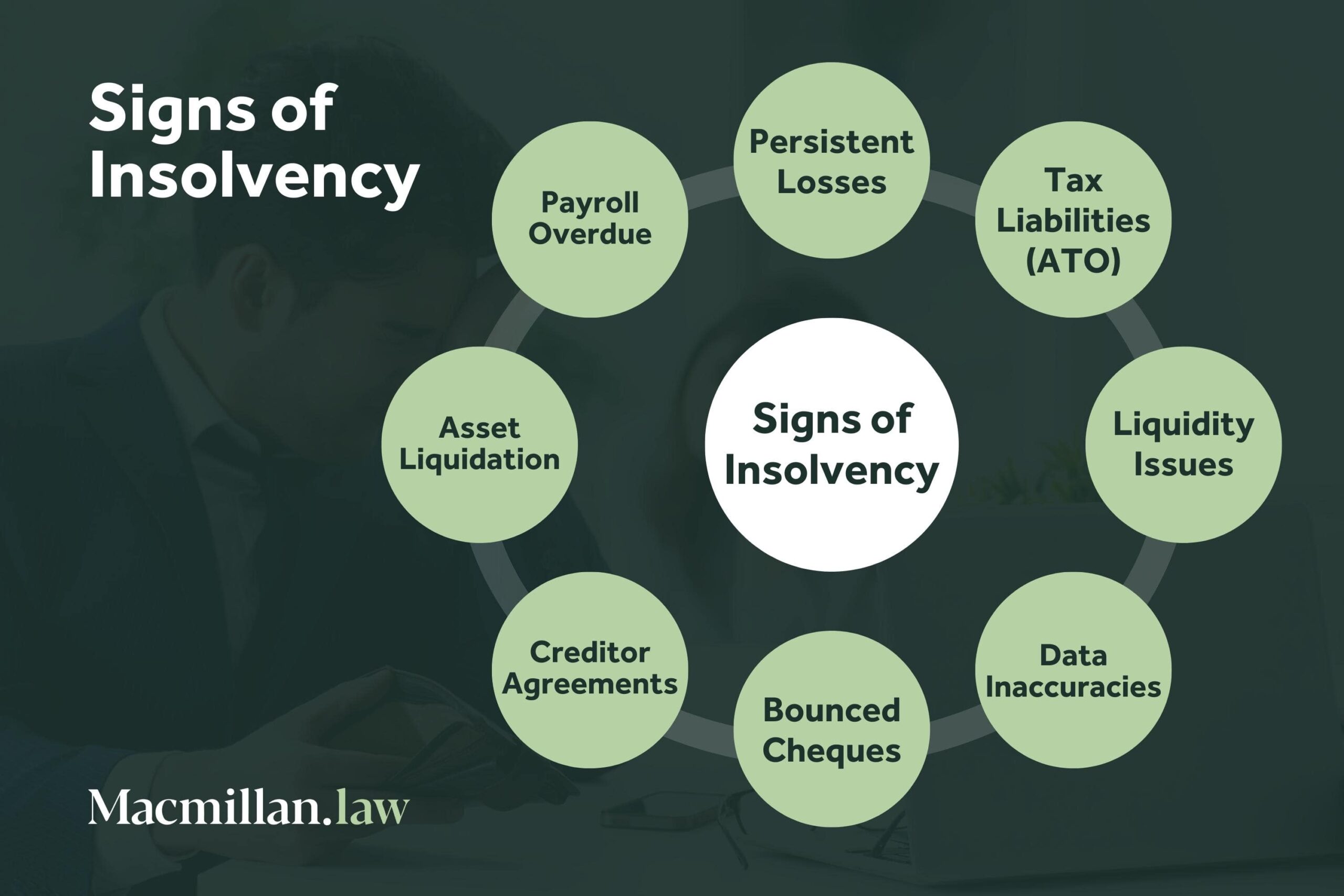How Insolvency Practitioner can Save You Time, Stress, and Money.
How Insolvency Practitioner can Save You Time, Stress, and Money.
Blog Article
Insolvency Practitioner for Dummies
Table of ContentsAll about Insolvency PractitionerHow Insolvency Practitioner can Save You Time, Stress, and Money.Some Ideas on Insolvency Practitioner You Should KnowLittle Known Questions About Insolvency Practitioner.Unknown Facts About Insolvency PractitionerWhat Does Insolvency Practitioner Mean?A Biased View of Insolvency Practitioner
Bankruptcy is when obligations are above the value of the firm, or when a debtor can not pay the financial debts they owe. A business can come to be financially troubled due to a number of circumstances that result in inadequate capital. When encountered with bankruptcy, a service or person can get in touch with financial institutions straight and restructure financial obligations to pay them off.Bankruptcy can cause bankruptcy procedures, in which lawful activity will be taken versus the financially troubled individual or entity, and properties might be liquidated to settle arrearages. Local business owner might get in touch with creditors straight and restructure debts right into even more workable installments. Creditors are commonly amenable to this technique because they intend to be repaid and stay clear of losses, also if the repayment is on a postponed schedule.
Everything about Insolvency Practitioner
The proprietor creates a proposition describing how the financial debt might be restructured using cost decreases or various other strategies for support. The proposition shows creditors exactly how business might generate sufficient money circulation for rewarding operations while paying its debts. Commonly, a forgiven debt may be taken into consideration revenue by the Irs (IRS).

Insolvency Practitioner Fundamentals Explained
Business may wind up paying large quantities of money in damages and be overcome procedures. When procedures stop, so does the company's earnings. Lack of revenue results in accounts payable and financial institutions asking for cash owed to them. Some business come to be bankrupt because their goods or services do not develop to fit consumers' changing needs.
Costs surpass earnings and bills remain unsettled. Kinds of insolvency include cash-flow bankruptcy and balance-sheet bankruptcy. Cash-flow insolvency happens when a business has the properties to cover their financial obligations however they are in the incorrect form, such as realty as opposed to liquid funds. Balance-sheet insolvency, on the other hand, indicates a lack of assets in any kind of kind to cover debts.
The IRS states that an individual is insolvent when the overall responsibilities go beyond overall properties. A personal bankruptcy, on the other hand, is an actual court order that depicts just how a bankrupt individual or business will pay off their creditors, or exactly how they will market their properties in order to make the repayments.
5 Easy Facts About Insolvency Practitioner Described

Comprehending the variables that can lead to bankruptcy, such as overspending, can aid you stop insolvency and its consequences.
The Ultimate Guide To Insolvency Practitioner
It is well known that supervisors and policemans of firms (and managers of minimal liability business) owe fiduciary obligations to their organizations and their investors (or participants). These fiduciary responsibilities are specified by state laws and, Home Page though there are variants from one state to another, they generally include a duty of commitment and a task of care.
The responsibility of care calls for directors and policemans to exercise persistance, to make informed decisions, and to act in good faith to make sure that their actions are in the most effective rate of interest of the company. Beyond the range of this conversation, some states allow these duties to be restricted either by so noting in the organizational papers or conforming with various other requirements.
The Best Strategy To Use For Insolvency Practitioner
Most states specify insolvency in two methods( 1) when a company's obligations end up being higher than the sum of its properties or (2) when the firm becomes not able to pay its financial debts as they become dueand accept both meanings (Insolvency Practitioner). The change in obligations takes place because when a company is bankrupt, there is no worth in the company past that owed to the company's creditors to ensure that the equity owners no more have an economic stake in the company
Take care concerning giving shareholders advantageous treatment at the expense of lenders (e.g., licensing and funding a dividend or a stock redemption). Be mindful about favoritism between courses of shareholders. Make affordable initiatives to find out all the truths before taking a particular program of action; supervisors ought to really believe that any choices made remain in the very best interests of the corporation in its entirety (i.e., choices will certainly be examined in hindsight taking into account the impact of such activities this hyperlink on the company).
In any type of personal bankruptcy or bankruptcy proceeding, settlements made to specific lenders at the expenditure of other financial institutions can be clawed back, especially if there is some link in between the company and the creditor. Think about suggesting at an annual stockholder meeting (or any other conference of stockholders) a resolution affirming that all prior organization choices and actions taken by the supervisors and policemans of the firm were taken in excellent faith after an exercise of reasonable treatment.
7 Easy Facts About Insolvency Practitioner Explained
Completely divulge any individual or company partnerships with events on the other side of deals entailing the corporation to prevent the look of a problem of passion. In assessing prospective fund increasing deals or a sale of properties of the struggling firm, understand that these deals might be looked at later on because of any subsequent expansion of directors' fiduciary tasks to consist of lenders.
Report this page